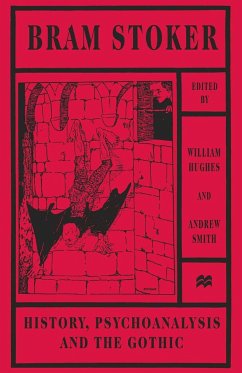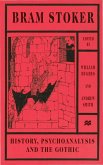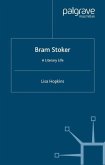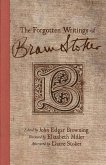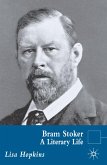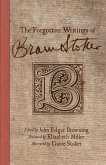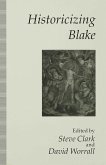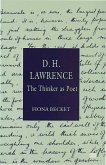Stoker is best remembered today as the author of Dracula . However, as the twelve essays in this volume demonstrate, Stoker's work blends the Gothic with the discourses of politics, sexuality, medicine and national identity to produce texts that may be read by a variety of critical methodologies. Following an Introduction that analyses how Stoker's writings have been critically received in the twentieth century, the book addresses not merely Dracula but also the author's other writings through historicism, psychology and genre.
'A must for people interested in either Dracula or Stoker, this book should be on the shelves of scholars of both turn-of-the-century thought and the Gothic.' - Carol A. Senf
'A stimulating addition to Stoker studies...Because every essay in this collection, including the introduction, affords new and worthwhile insights, it is easy to endorse the editors' claim that the volume 'provides an invaluable starting point for a re-theorising of Stoker's writings'.' - Irish Studies Review
'A stimulating addition to Stoker studies...Because every essay in this collection, including the introduction, affords new and worthwhile insights, it is easy to endorse the editors' claim that the volume 'provides an invaluable starting point for a re-theorising of Stoker's writings'.' - Irish Studies Review

